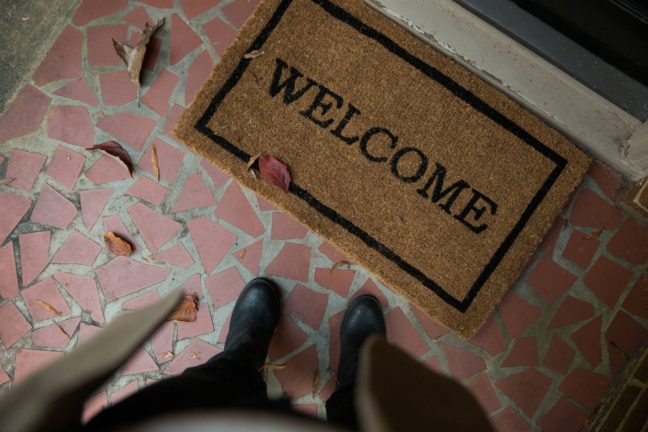Your homeowner’s insurance protects against bodily injury claims from third parties, but it has limits. If you or a household member gets hurt on your property, the insurance likely won’t help. Oddly enough, it only kicks in when someone outside your household faces an issue.
But watch out–there are hidden rules. The insurance won’t cover intentional or criminal acts, like assault. If your actions take a wrong turn, the coverage can vanish, leaving you exposed without any protection.
This is why it’s important to work with an experienced personal injury lawyer in Virginia Beach to help you navigate the terms and conditions of your insurance, including how to calculate your personal injury settlement.

What Claims Are Covered by Homeowner’s Insurance?
Homeowner’s insurance covers a range of incidents, including:
- Slippery stairs
- Tripping over broken walkways or objects
- Falling due to faulty railings, stairs, or escalators
- Dog bites
- Exposure to toxic chemicals
- Accidents in parking lots
- Falls caused by poor lighting and overcrowding
- Electrical accidents and fires
The coverage even extends outside your home. For instance, if you’re attacked by a dog in a park, your homeowner’s policy might still protect you. But understanding the details requires a careful look at the facts and circumstances to decode the extent of your coverage.
Does Homeowner’s Insurance Include Legal Defense?
Your homeowner’s insurance policy may include legal representation! If a lawsuit pops up because of an unfortunate event that occurred at your residence, your insurance company usually steps up and foots the bill for an attorney.
So, there’s no need to go lawyer-shopping on your own dime. This saves you time, effort, and money when you are in a difficult predicament.
Negligence, Strict Liability, and Intentional Torts
Most injuries that visitors incur at your residence qualify for your policy’s protection. This refers mostly to slip-and-fall types of accidents, where you need to prove the accident was not due to your own negligence.
But what cases qualify as negligence? Dog bites are one example. In certain states, if your dog becomes aggressive or causes injury to another, your policy might have your back. However, depending on the circumstances, your policy, and your state, there may be a deeper investigation. Some insurance plans won’t cover certain breeds of dogs.
Another example includes intentional injury, such as you decide to throw a punch at a house guest or visitor. Your homeowner’s insurance is unlikely to provide coverage or legal representation for intentional wrongdoing.
How to Get More Liability Coverage
Some home and renters insurance plans only cover around $100,000 for when things go wrong on your property. But sometimes, if a lawsuit knocks on your door, that amount might not be enough.
For example, if you get sued for more than your insurance covers, your own money and assets could be on the line. So, it may be worthwhile to invest in personal liability insurance.
How do you do it? Well, you should contact your insurance agent regarding increasing your personal liability limits. Fair warning–this might increase your insurance bills, but it’s better to have the additional coverage when you need it than not.
Moving Forward
Unfortunately, homeowner’s insurance does not typically cover any personal injuries to the homeowner. However, this insurance can be extremely helpful in many instances, but there are some limitations.
Understanding your policy is crucial to receiving the compensation you may be entitled to. To better understand your case and your options, contact Coastal Virginia Law regarding your personal injury case.
For more information regarding personal injury law, including whether or not you can fire your personal injury lawyer, reach out to us today!



